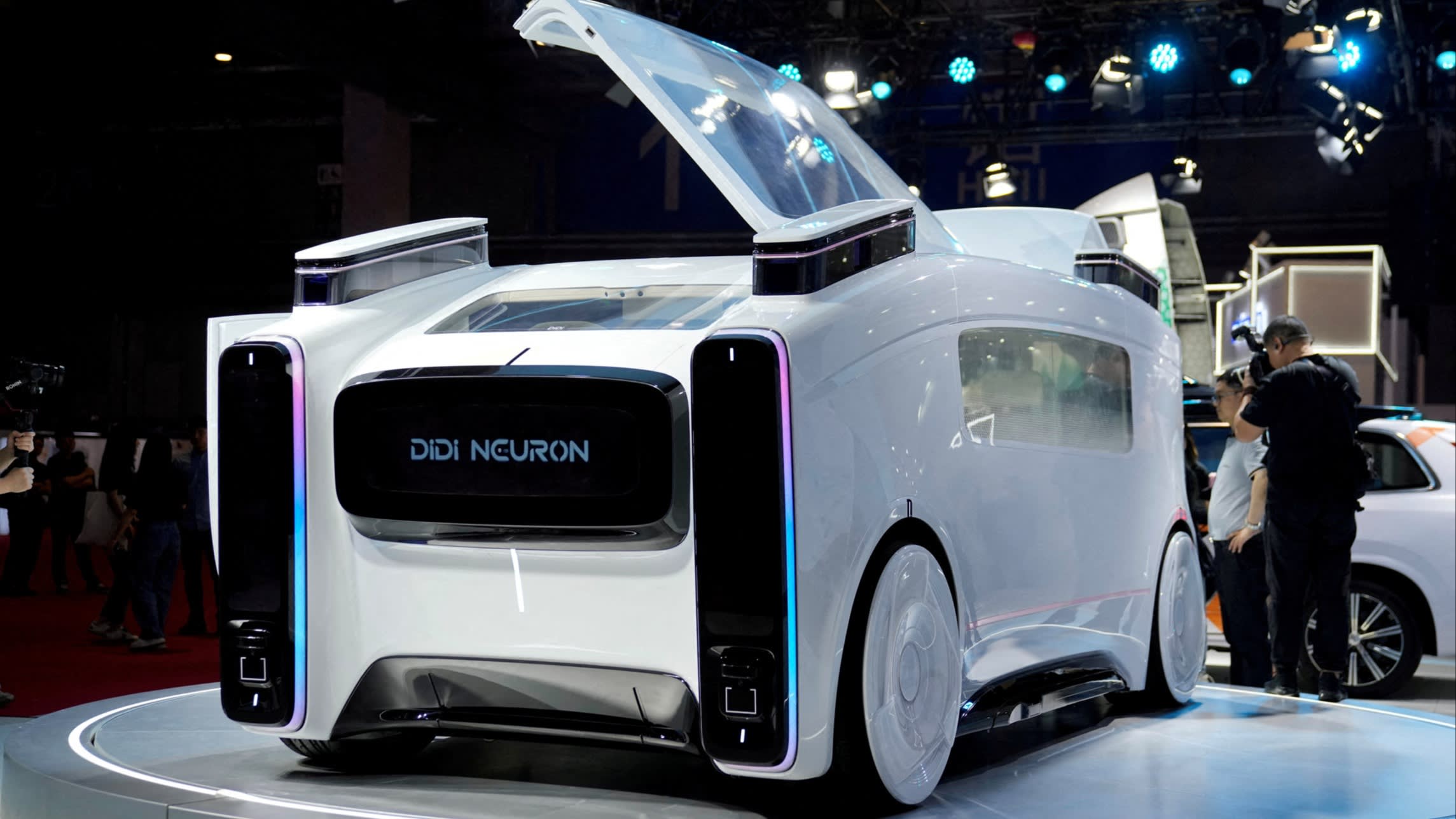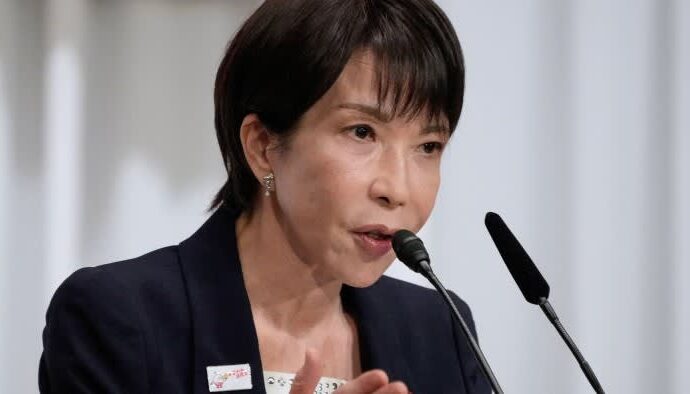
Receive free XPeng, Inc updates
We’ll send you a myFT Daily Digest email rounding up the latest XPeng, Inc news every morning.
A deal between a top Chinese electric-car maker and a local ride-hailing giant may seem an odd way to address losses at both companies. But Xpeng’s decision to acquire Didi’s electric car development business means the pair both now have a shot at profitability.
For Didi, the deal puts an end to years of investment in its smart-car unit. It will receive about 3.25 per cent of Xpeng shares in exchange, worth as much as $744mn. Xpeng will use the acquisition to launch an electric A-class smart-car model next year under a new brand called MONA. Didi could increase its stake in Xpeng if the new brand hits a target of 100,000 deliveries for two consecutive years.
That is not an impossible target. Electric cars are expected to account for a third of all Chinese cars sold this year. Xpeng’s total sales could cover that figure in about three quarters. Local peer BYD sells about that number of cars every month.
Xpeng’s Hong Kong-listed shares rose 16 per cent on Monday morning, bringing this year’s gains to 74 per cent. But even after that increase, shares trade at an enterprise value of just 2 times forward sales. A wider than expected net loss of Rmb2.8bn ($380mn) in the second quarter has knocked investor confidence. Fierce price wars have slashed Xpeng’s vehicle margin to negative 8.6 per cent.
The deal with Didi could change that. Across China, local EV makers have either focused on high-end segments and expansion overseas or price wars. Few have opted to differentiate their offerings using software and smart functions while keeping prices down.
The mass market Rmb150,000 price range Xpeng is targeting and the addition of smart technologies should lead to high demand.
For Didi, it may seem as if the deal will result in the loss of a unit with much potential. But a string of unfortunate events, including a more than year-long probe, a US delisting and a $1.1bn regulatory fine, has changed the company’s priorities. A steep loss in 2022 means it has less leeway to spend.
Didi has long posited robotaxis as the future. Xpeng invests in autonomous car technology. This plan should allow Didi to cut research costs while maintaining access to the technology. Driverless robotaxis are already on the roads in some Chinese cities. Together, Xpeng and Didi could hasten their arrival.

